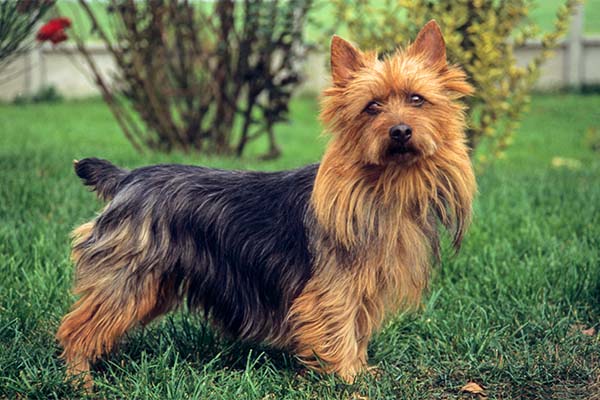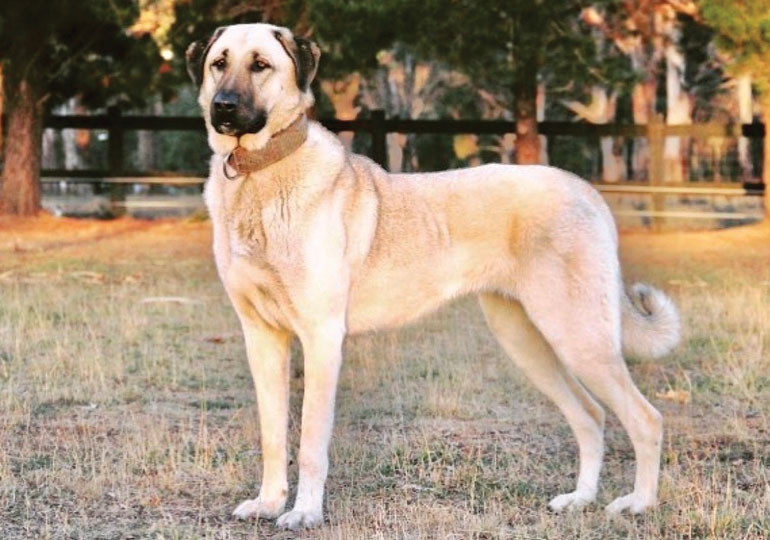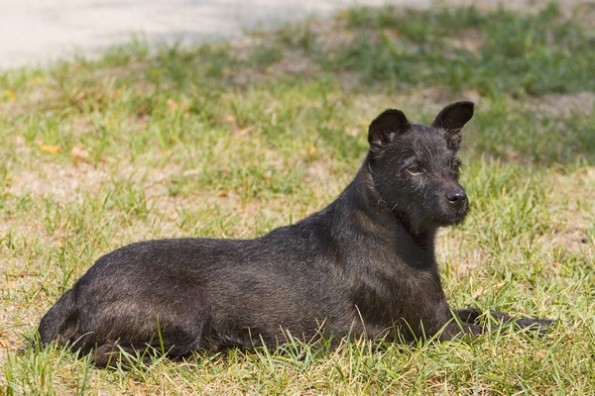Introduction
The Australian Terrier is a small but sturdy breed of dog that originated in Australia. Known for their affectionate and loyal nature, these terriers make great companions and family pets. They are highly intelligent and trainable, making them excellent for activities such as obedience, agility, and tracking. With their low-shedding coat and small size, they are well-suited for apartment living and can adapt to a variety of environments. The Australian Terrier is also known for its alertness and watchdog capabilities, making them excellent guardians for their families. Overall, the Australian Terrier is a delightful and charming breed that can bring joy and companionship to any household.
Temperament
The Australian Terrier is a small, sturdy breed that is known for its loyalty, intelligence, and lively personality. Here are some of the common personality traits of the Australian Terrier:
- Loyal: They are known for their loyalty and devotion to their families. They are protective of their loved ones and make excellent watchdogs.
- Intelligent: These dogs are intelligent and trainable. They are quick learners and are known to excel in obedience and agility training.
- Energetic: They are an energetic breed that enjoys playing and running around. They have a high energy level and require regular exercise to stay healthy and happy.
- Playful: These dogs have a playful and fun-loving nature. They love to play with toys and enjoy interacting with their owners.
- Brave: Despite their small size, Australian Terriers are brave and courageous. They are not afraid to take on larger dogs and will defend their families if necessary.
- Independent: Australian Terriers have an independent streak and can be stubborn at times. They require a firm and consistent hand in training to ensure they understand the rules.
- Affectionate: These dogs are affectionate and enjoy spending time with their families. They crave attention and affection and are known to make great lap dogs.
Overall, the Australian Terrier is a lively and loving breed that makes an excellent companion for families and individuals alike.
Aggression In Australian Terrier
Aggressive behavior in Australian Terriers can arise from various factors, including genetics, lack of socialization, anxiety, fear, and resource guarding. While this behavior is not exclusive to the breed, it is crucial to seek professional assistance from a veterinarian or certified dog trainer if an Australian Terrier displays aggression. It is essential to ensure the dog receives proper exercise, mental stimulation, and socialization to prevent the development of aggressive behavior and promote a healthy relationship. Owners must practice responsible ownership and never encourage or tolerate aggressive behavior in their pets. With appropriate management and training, aggressive behavior in Australian Terriers can be reduced or eliminated.
Health and Lifespan

The Australian Terrier typically has a reported lifespan range of 12 to 15 years. However, it is important to note that individual factors such as genetics, diet, exercise, and healthcare can greatly impact a dog’s lifespan. Providing proper care and attention to your Australian Terrier can help ensure a happy and healthy life for your furry companion.
Food for Australian Terrier
For an Australian Terrier, it’s crucial to choose a balanced diet that meets their specific nutritional needs. High-quality commercial dog foods with protein sources like chicken, beef, or fish listed as the primary ingredient can provide a complete and balanced diet. The age, weight, and activity level of your dog should also be considered when selecting food, as puppies need more calories and nutrients, while seniors require a lower calorie diet.
Training for Australian Terrier
Training an Australian Terrier requires patience, consistency, and positive reinforcement. Here are some tips to get started:
Start with basic obedience training: Teach your Australian Terrier basic commands such as sit, stay, come, and heel.
Socialize your dog: Expose your dog to different people, animals, and environments to help them become well-adjusted and confident.
Use positive reinforcement: Reward good behavior with treats, praise, and affection. Avoid punishment or harsh training methods that can damage your dog’s trust and confidence.
Provide mental and physical stimulation: Australian Terriers are intelligent and active dogs that need plenty of mental and physical stimulation to stay happy and healthy. Provide them with plenty of exercise, toys, and puzzles to keep them engaged and entertained.
Be patient and consistent: Training takes time and effort, so be patient and consistent with your training sessions. Break training into short, frequent sessions to keep your dog engaged and focused.
By following these tips, you can help your Australian Terrier become a well-behaved and happy member of your family.
Conclusion
In conclusion, the Australian Terrier is a loyal, intelligent, and playful breed that makes a wonderful companion for the right owner. With proper training, socialization, and care, this breed can thrive in a variety of living situations, from apartments to suburban homes. If you are considering adding an Australian Terrier to your family, be sure to do your research and work with a reputable breeder or rescue organization to find the perfect match for your lifestyle and personality. With the right care and attention, your Australian Terrier can be a loving and faithful companion for many years to come.




